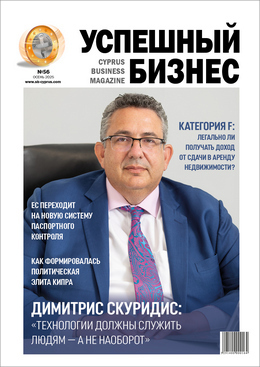Today more than ever, wealthy families are faced with new risks, challenges, and changing needs both for the business and the family. Family Offices are evolving to meet these needs:
Protect the family wealth through effective asset protection, investment management, and succession planning.
Enhance family cohesion and transition between generations regarding the family’s legacy, strategy, values, and key decisions.
Exercise better control over family holdings/assets through the right governance.
Manage the various risks facing the family (including investment risk, reputation risk, etc.) by proactively preparing for various eventualities.
Manage all aspects of family needs and affairs, by providing the relevant support and alleviating administration burden.
PWC: WHY DO PEOPLE CREATE FAMILY OFFICES?
The rapidly transforming socioeconomic scenery, increasing complexity, scrutiny, and new regulatory requirements are some of the reasons why many wealthy families set up their own Family Office to better control their wealth and handle their private affairs. Since every family has its own unique set of circumstances, there are as many types of family offices as there are families. Some provide administrative support while others oversee the management of investments and coordinate all of the family's financial and personal/lifestyle needs.
K. TREPPIDES & CO: SUCCESSION PLANNING AND NEXT GENERATION – WHAT IS THE DANGER?
The ideal scenario for a family business is to continue to grow for future generations without any difficulties. However, it might be difficult to find the right successor within the family to lead the business into the future.
NEXT GENERATION
The next generation might not be interested in a position within the family office or might not have the capabilities to lead the office after the current generation steps down. However, it might also be the case that some of the youngest family members are willing and capable to take over the family office functions, but at the end there can only be one prevailing chief executive officer.
On the contrary, non-family members might be better qualified to take over the role and therefore to run the business in a more efficient and effective way.
IMPLIED RULE OF 92%
The rule states that the 92% of a family’s wealth is lost by the third generation. The main reason behind this is that families tend to focus merely on ‘hard needs’ (such as business operations, investment strategy, and assets allocations) at the expense of recognising the importance of ‘soft needs’ (such as succession planning, philanthropy, and the responsibilities associated with having access to such vast sums of wealth).
Historically, having a poorly implemented succession plan, or no succession plan, can contribute significantly to families losing almost all their wealth by the third generation. To prevent this, the establishment of a family office has an implacable role to prove that the said rule is wrong.







